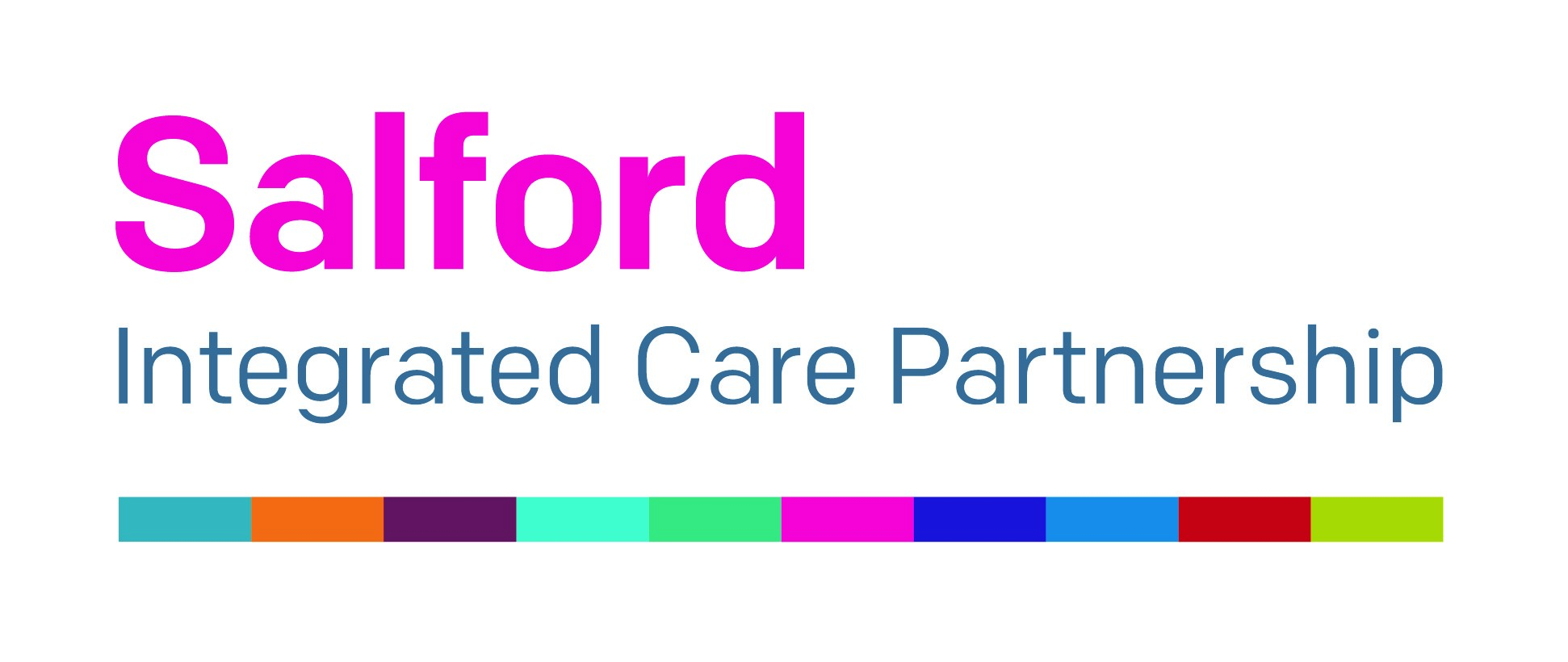How to help young people with Social Communication Difficulties
The following social communication skills are needed in order to communicate effectively:
- Appropriate eye contact
- Listening
- Use and understanding of non-verbal communication e.g. tone of voice, facial expression, gesture, body posture
- Ability to understand the speaker’s meaning
- Ability to express appropriate ideas in the situation
- Ability to start a conversation
- Ability to repair a conversation, ask for clarification, give further information if needed, repeat or simplify if needed
- Awareness of listeners’ feelings and the impact communication has on others
- Flexibility in using and adapting language to the context
- Ability to close a conversation
How to support...
Difficulty organising and expressing ideas
Useful strategies:
- The adult could repeat back to the students aspects of his explanation
- Encourage the student to repeat the information
- Give suggestions as to how he can help himself be understood
May not use appropriate volume, pitch, stress and accent when speaking
Useful strategies:
- Explore volume, pitch and stress through listening and playing music.
- Role play using different tone of voice and identify speaker’s emotion.
Difficulty discussing abstract topics and topics outside his personal experience
Useful strategies:
- Make note of topics the student is familiar with and explore other related topics.
- Help the student gain visual information by using illustrated books, brochures, and even TV and film clips
Difficulty changing language to suit the situation
Useful strategies:
- Talk about/role play different styles of communication in different situations.
- Point out good examples as you observe them in real situations or use TV clips or role play.
May not be aware of the impact of what he says to others
Useful strategies:
- Use real situations and explain the impact that something someone says has on other people.
- Consider using Comic Strip Conversations, which is a particular approach to help analyse one’s own and other’s thoughts and feelings in a given situation.
May not alter language depending on the listener’s knowledge and interests
Useful strategies:
- Discuss real situations and point out that he didn’t give the listener enough information or talked about something that the listener wasn’t interested in.
- Practise talking about different topics so he has more confidence when conversing with others.
May not use appropriate vocabulary to explain how they/ another person feels
Useful strategies:
- See strategy sheet on ‘How to help pupils with emotional literacy difficulties’.
Difficulty understanding jokes and sarcasm
Useful strategies:
- Raise the student’s awareness of non-literal language by exploring examples as they arise.
- Introduce humorous books and poems.
- Alert staff to the frequency of the use of non-literal language in the classroom and the difficulties it can cause for some pupils.
May not use appropriate eye-contact
Useful strategies:
- Play games like ‘Wink Murder’ and draw pictures of each other’s faces in detail. Note use of eye contact in videos and role play. Discuss its importance
Difficulty listening to another person talking
Useful strategies:
- Explain the value of listening, and the components of good listening e.g.looking at the speaker, not interrupting. Provide visual prompts for these.
- Practice good listening and attention skills e.g. through playing Barrier Games.
- Role play good versus poor listening skills and discuss consequences of both
Difficulty initiating a conversation appropriately without interrupting and closing a conversation
Useful strategies:
- Do role plays which provide opportunities to practise the skill within a relaxed environment. Model what to say.
Difficulty taking turns during a conversation
Useful strategies:
- Discuss rules of conversational turn-taking e.g. good eye-contact, don’t change the subject, don’t interrupt. Practice and give specific feedback e.g.’good point, but you have changed the subject from x to y’.
Further information can be found in Secondary Language Builders - Advice and activities to encourage the communication skills of 11-16 year olds available from www.elklan.co.uk.


